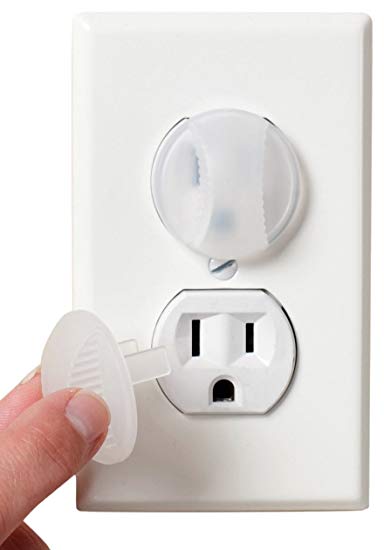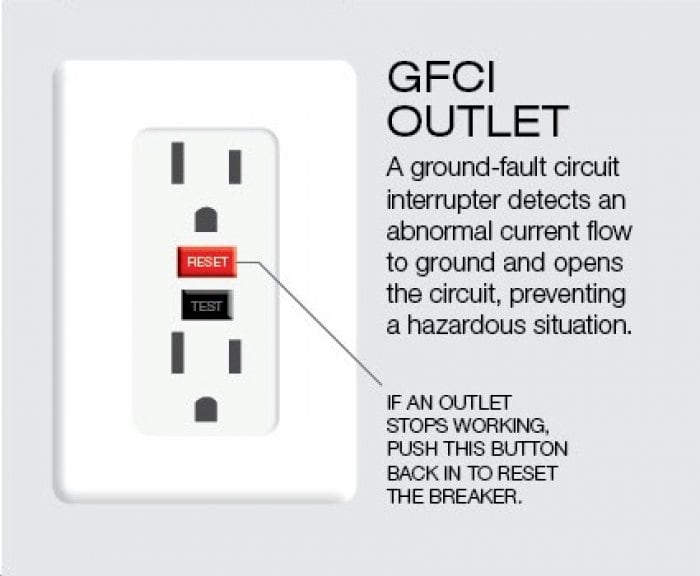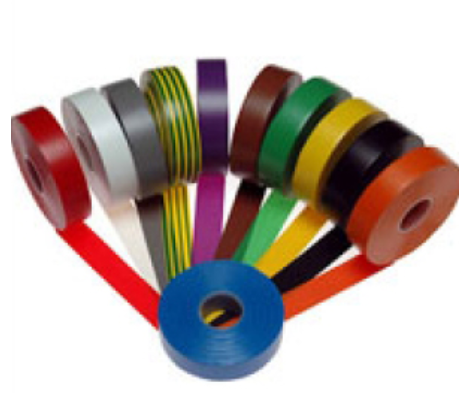If the electrical installation complies with the local building code then there is nothing to worry about; outlets are permitted near sources of water provided the rules for locating and protecting the outlet are followed. If the outlets were installed without regard to the code and are in violation of it then they should be removed
If an appliance if positioned such that it routinely introduces water or steam onto the faceplate of an outlet the appliance should be repositioned
If your grandparents are certain they will not use these outlets the safest thing to do would be to switch off the entire circuit, remove the outlet from the wall, disconnect the wires from the back of the outlet, terminate them in a connector block (if the outlet is the last on the line) or use a connector block to continue the circuit (if the outlet is not the ultimate one) and then reenergise the circuit
If your grandparents do want to use the outlet sometimes but not others you can perhaps work on the logic of this with them; that the outlet presents the same risk all the time, so if they're prepared to use it some times but not others they should treat it like every other socket in their home. They are, after all, just millimetres away from touching a live conductor when they hold the cord of the vacuum cleaner and plugging anything into an outlet is a far greater distance separation from the live conductors.
A better spend of time and money would be to ensure the ground fault detection systems in the installation are up to scratch and working properly; they really do save lives


